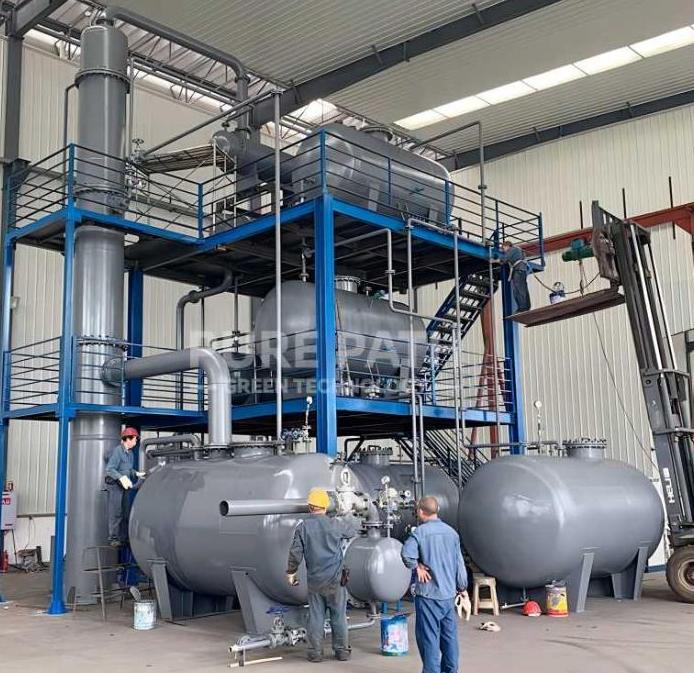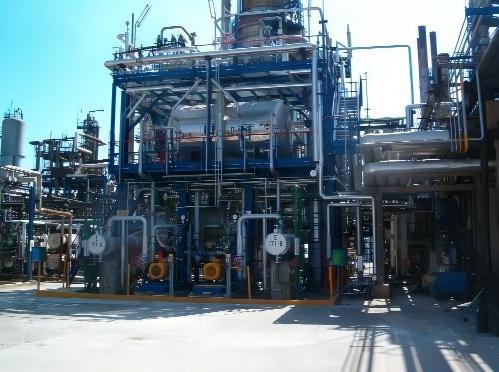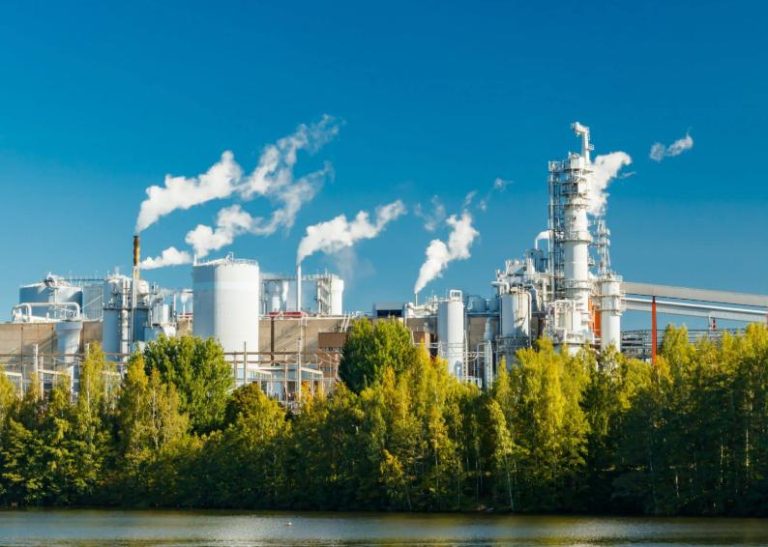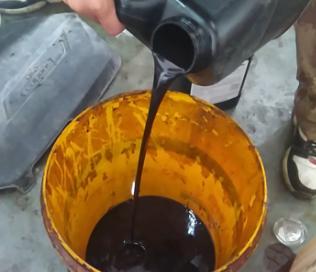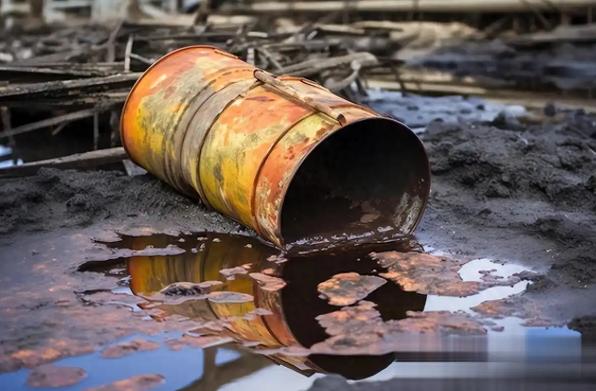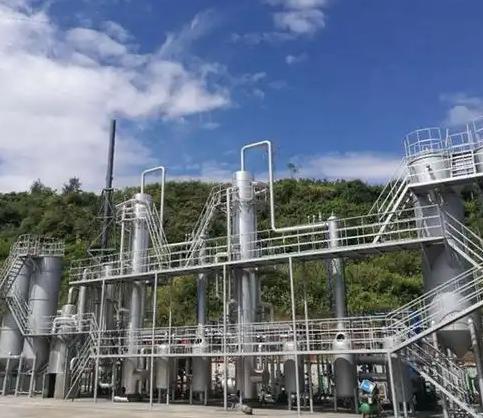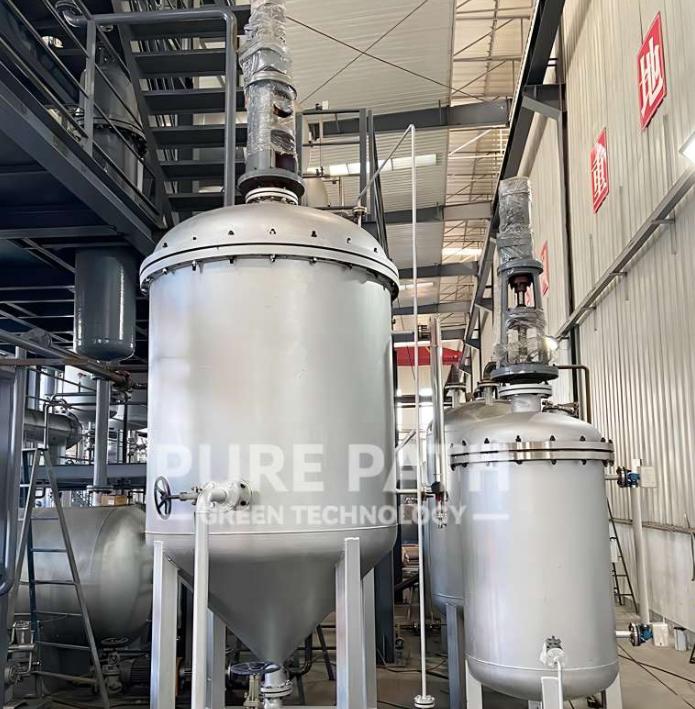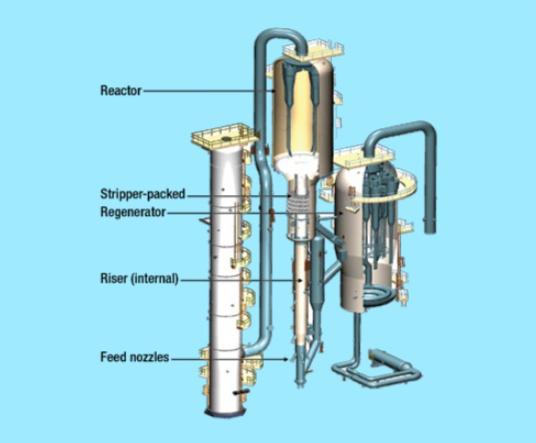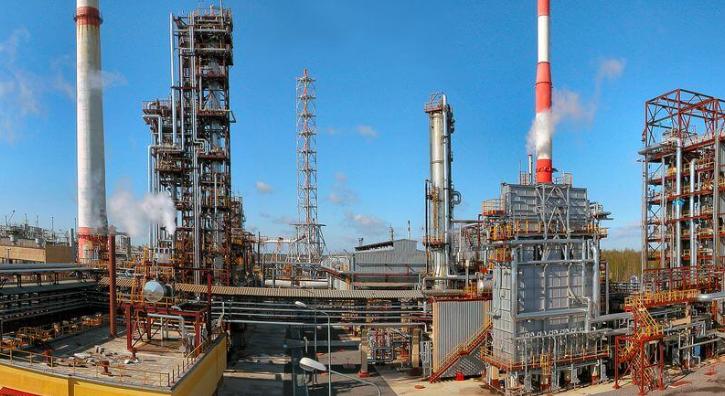How to Reduce Operating Costs in a Waste Oil Recycling Plant?
Running a waste oil recycling plant not only means maintaining a lean headcount and low costs of supplies, but also effective process management, material handling, as well as the most efficient use of energy available, to ensure the operations are well managed to prevent the waste of high production capacities in the name of low margins.


